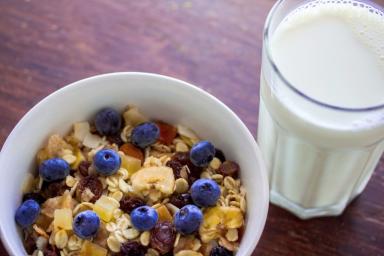Yes, a healthy diet can absolutely be maintained without consuming fish.
While fish can provide valuable nutrients such as omega-3 fatty acids and lean protein, there are alternative food sources that can offer similar health benefits.
Here's how you can achieve a healthy diet without including fish.
Plant-Based Omega-3 Sources
Omega-3 fatty acids are important for heart and brain health.
You can obtain these essential fats from plant-based sources like flaxseeds, chia seeds, walnuts, hemp seeds, and algae-based supplements.

These sources provide alpha-linolenic acid, a type of omega-3 that can be converted into other forms in the body.
Vitamin B12 Supplementation
Vitamin B12 is primarily found in animal products, including fish.
If you're following a strict vegetarian or vegan diet that excludes all animal products, you may need to consider taking a vitamin B12 supplement or consuming fortified foods to meet your B12 needs.
Iron-Rich Foods
Iron is essential for oxygen transport in the body.
While fish contains heme iron, plant-based sources like dark leafy greens (spinach, kale), lentils, beans, tofu, and fortified cereals provide non-heme iron.
Consuming vitamin C-rich foods with iron-rich foods enhances iron absorption.
Calcium Sources
Fish with edible bones, such as canned salmon or sardines, are sources of calcium.
Plant-based options include fortified plant milks, calcium-set tofu, almonds, tahini, and leafy greens like collard greens and bok choy.









